Disabled Witchcraft reimagines traditional witchcraft for practitioners who navigate life with chronic illness, disability, or limited energy. Kandi Zeller, a disabled witch herself, offers 95 adaptable rituals designed to fit fluctuating physical and mental capacities. The book emphasizes accessibility, replacing exhausting practices with mindful alternatives like breathwork, visualization, and micro-rituals that honor the “spoonie” experience. Zeller’s approach dismantles the myth that magic requires grandeur, instead celebrating intentionality and self-compassion.
Each ritual is paired with practical tips for conserving energy, modifying tools, and setting boundaries. Zeller also addresses the emotional landscape of disability, weaving in affirmations to combat internalized ableism. The book’s structure allows readers to dip in and out as their energy permits, fostering a sense of agency. Chapters on kitchen witchcraft, energy healing, and ancestral connections highlight how magic can thrive in small, meaningful acts.
Zeller’s writing is both empowering and deeply personal, blending research with anecdotes from her journey. She challenges the notion that disability limits spiritual power, reframing limitations as unique strengths. The rituals are inclusive of diverse abilities, with options for bed-bound practitioners or those with sensory sensitivities. This isn’t just a guide—it’s a manifesto for reclaiming autonomy through witchcraft.
The book also serves as a critique of ableist norms in spiritual communities, advocating for spaces that honor rest and adaptability. Zeller’s intersectional lens addresses how race, gender, and class intersect with disability in spiritual practices. Appendices include templates for crafting personalized rituals and a resource list for disabled witches.
Readers will finish this book feeling seen, equipped with tools to build a practice that respects their body’s rhythms. It’s a testament to resilience, proving that magic isn’t about perfection—it’s about showing up, however you can.
 No Such Thing as Ghosts (Dragonbreath N 5)
1 × DH 95,00
No Such Thing as Ghosts (Dragonbreath N 5)
1 × DH 95,00  City of Bones
1 × DH 150,00
City of Bones
1 × DH 150,00  Grimm's Fairy Tales
1 × DH 165,00
Grimm's Fairy Tales
1 × DH 165,00  Harriet the Invincible (Hamster Princess N 1)
1 × DH 105,00
Harriet the Invincible (Hamster Princess N 1)
1 × DH 105,00  Hell Bent
1 × DH 145,00
Hell Bent
1 × DH 145,00  Be The One
1 × DH 75,00
Be The One
1 × DH 75,00  Allegiant
1 × DH 160,00
Allegiant
1 × DH 160,00  The Journey of Being Human: Is It Possible to Find Real Happiness in Ordinary Life?
1 × DH 95,00
The Journey of Being Human: Is It Possible to Find Real Happiness in Ordinary Life?
1 × DH 95,00 





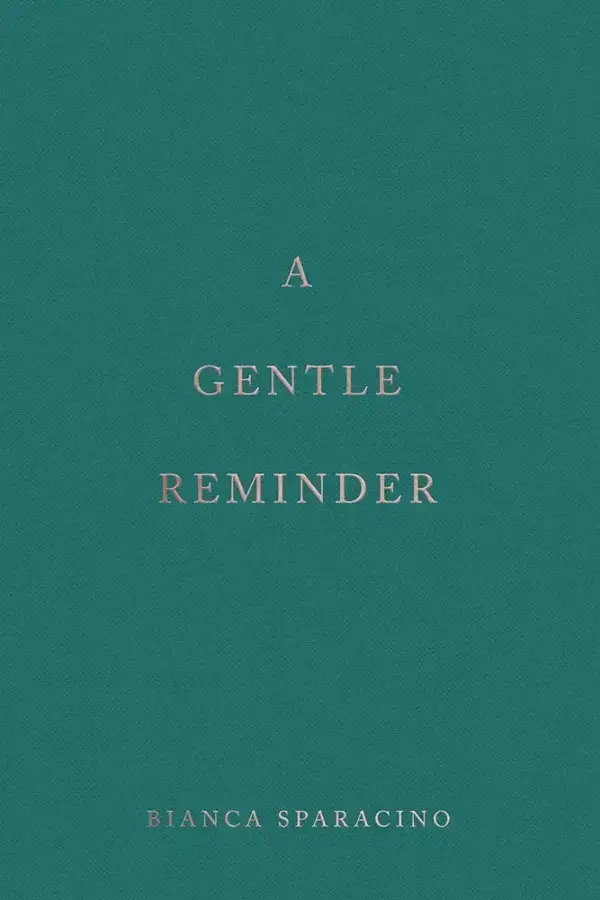
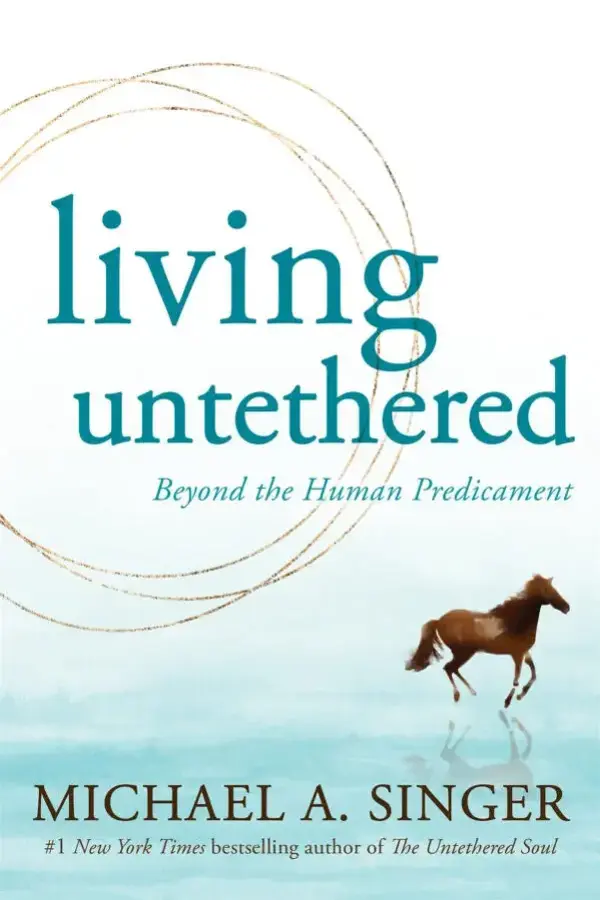

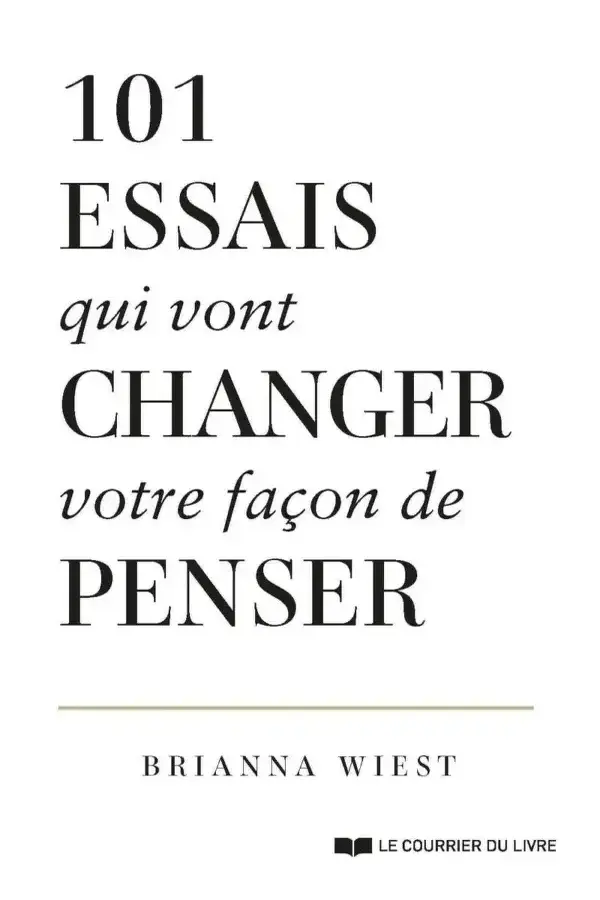

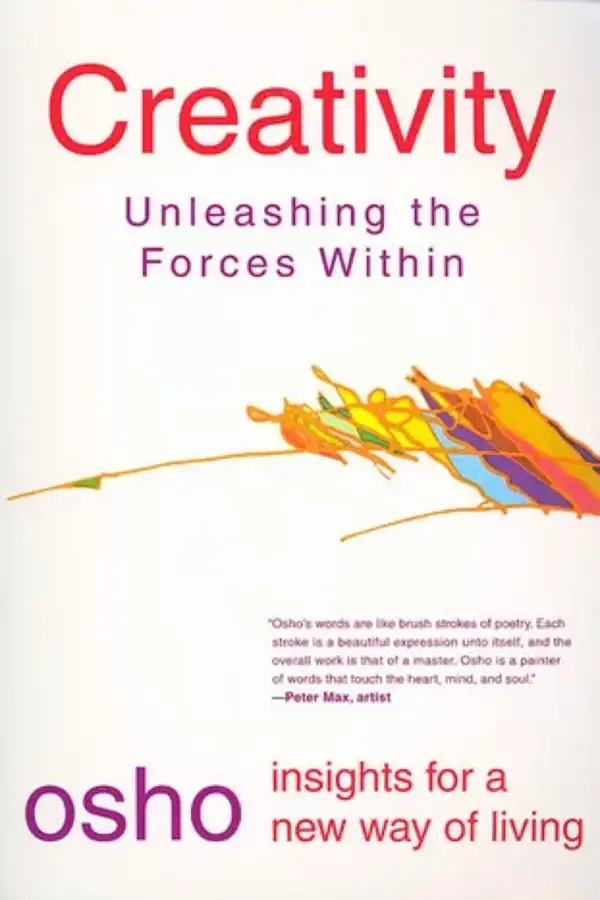

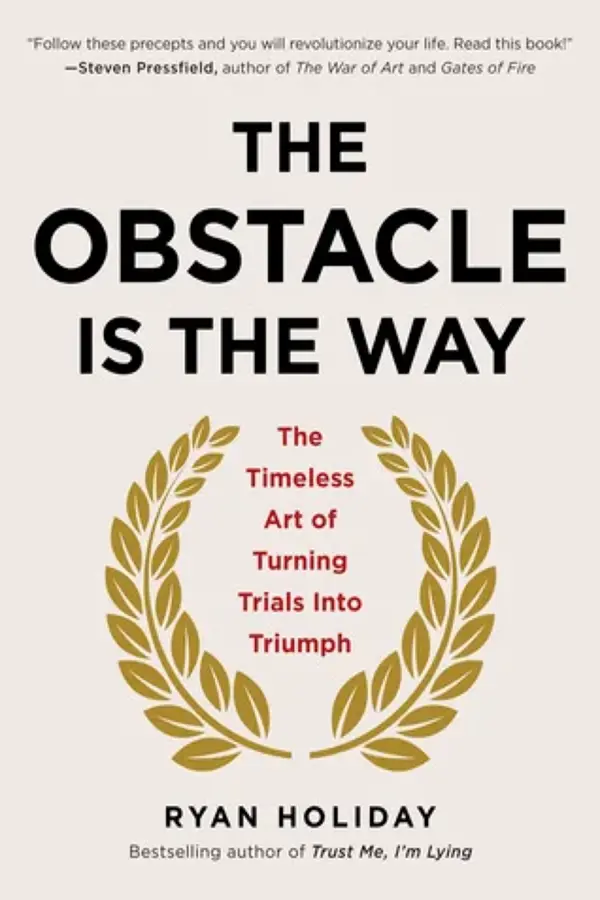
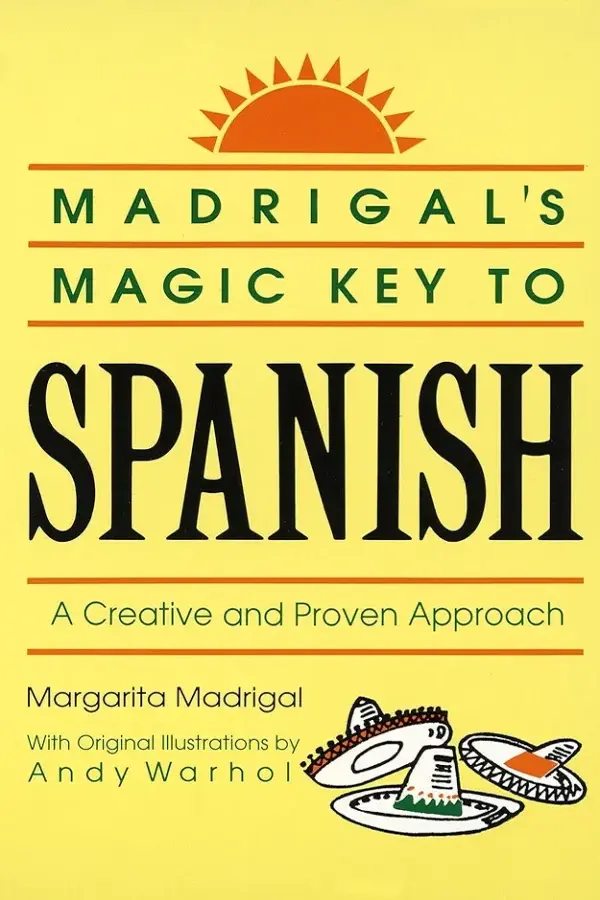
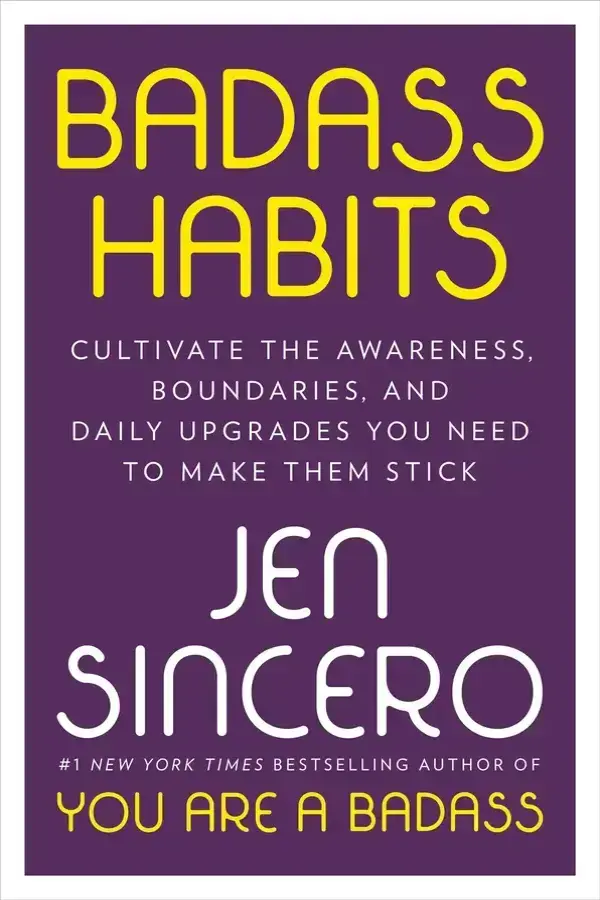

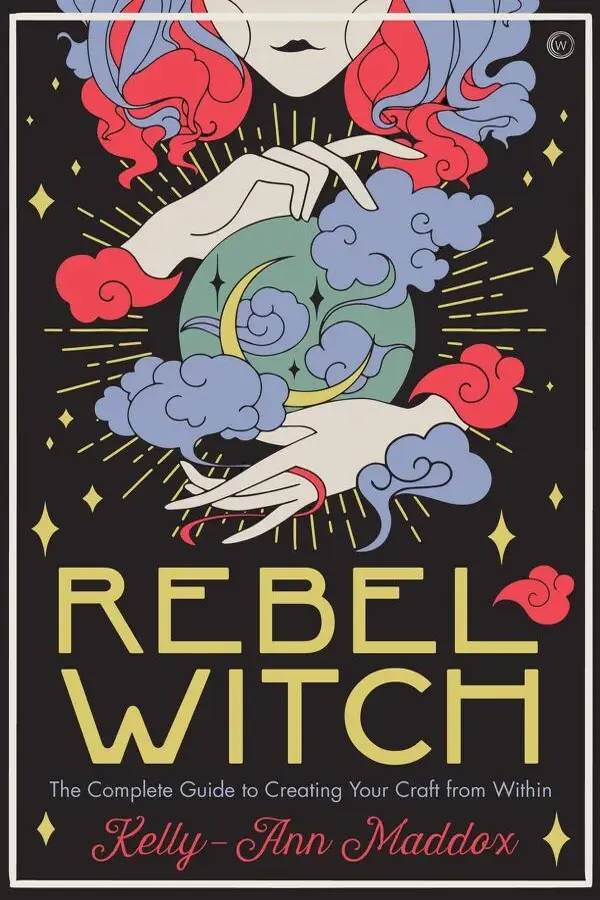


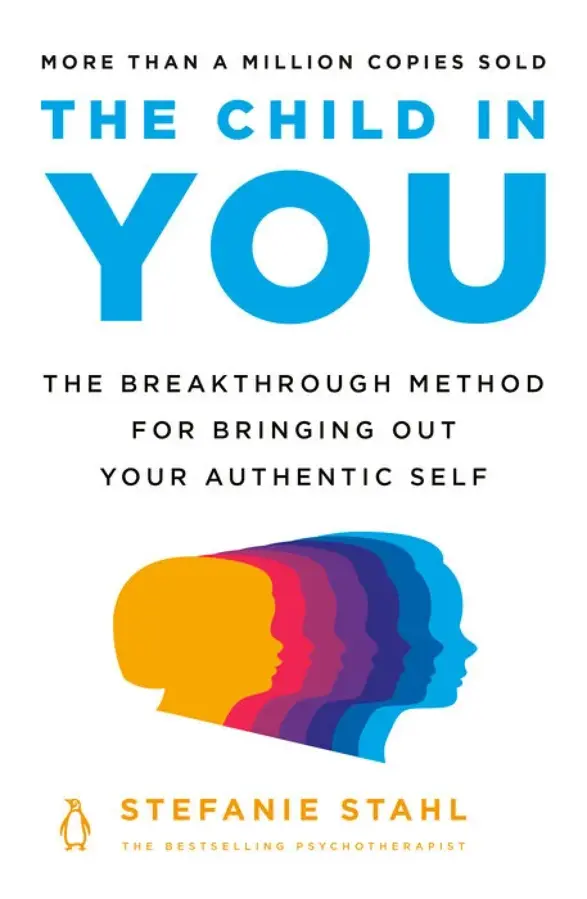
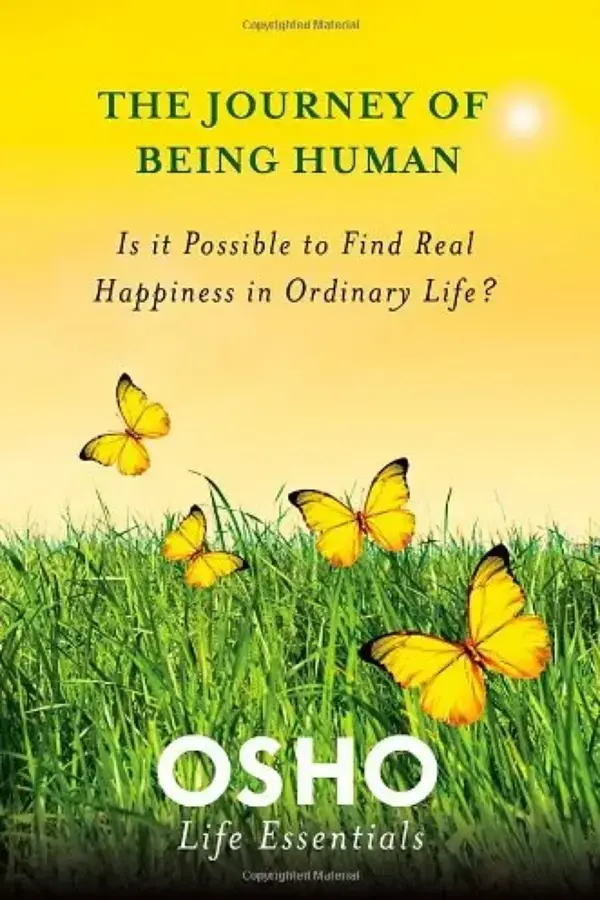

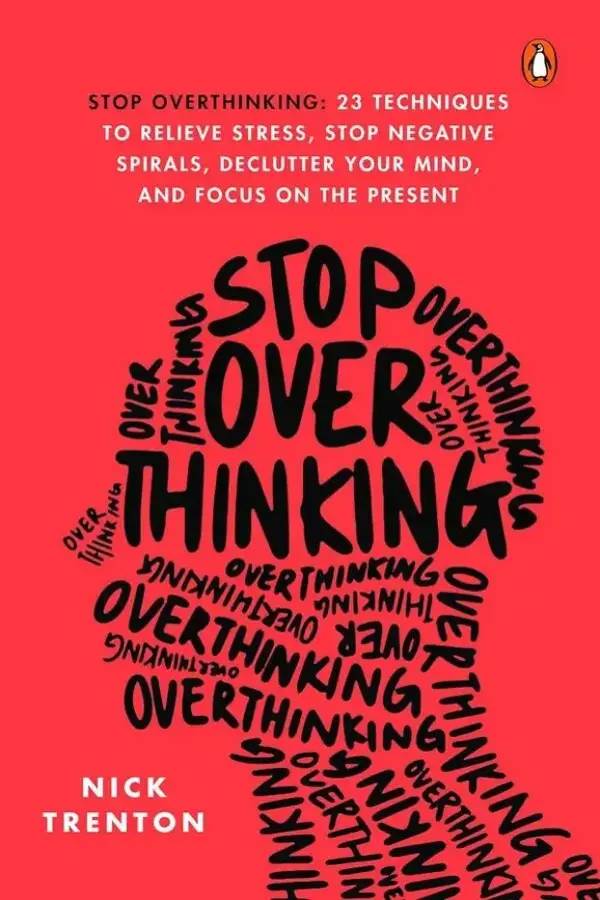
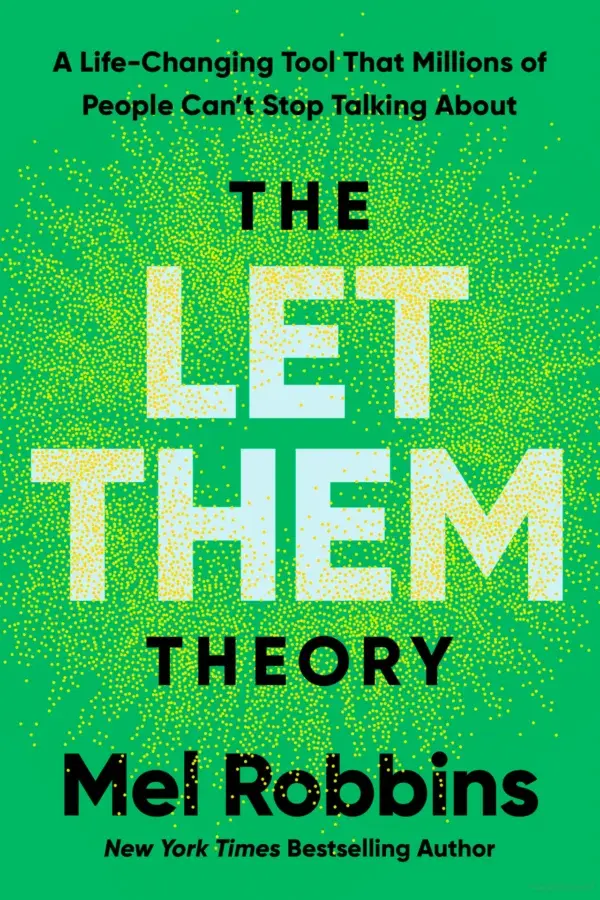
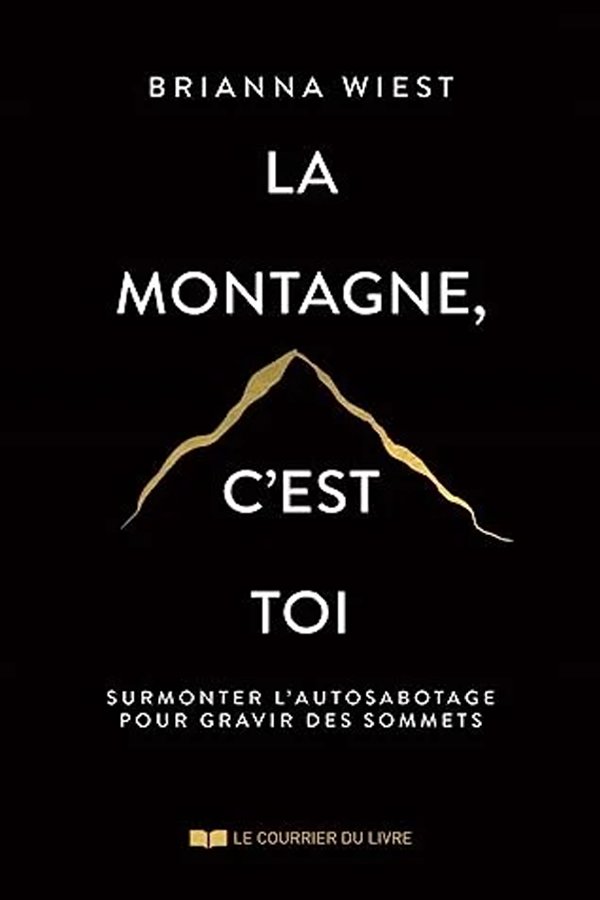

Avis
Il n’y a pas encore d’avis.